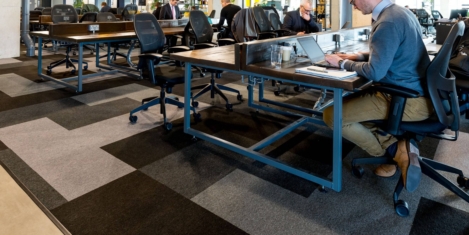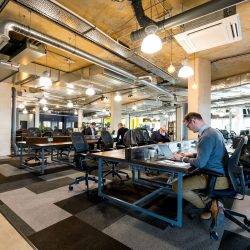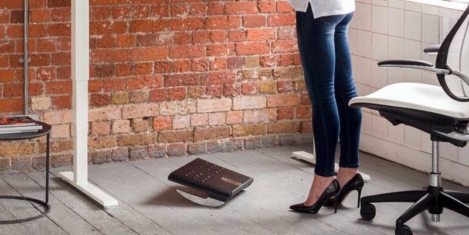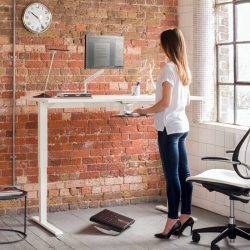July 19, 2018
A quarter of London start-ups have considered relocating to deal with Brexit uncertainty
 It has now been more than two years since the UK voted in favour of leaving the European Union, and new research Studio Graphene in partnership with City Road Communications claims to reveal new information about how Brexit has impacted on London’s early stage businesses. Based on a survey of more than 100 founders of London startups, the study shows that since the EU referendum the vast majority of entrepreneurs have remained loyal to the capital, showing no sign that they want to move to help improve the growth prospects of their business. It also uncovered the way young companies are responding to the challenges posed by Brexit.
It has now been more than two years since the UK voted in favour of leaving the European Union, and new research Studio Graphene in partnership with City Road Communications claims to reveal new information about how Brexit has impacted on London’s early stage businesses. Based on a survey of more than 100 founders of London startups, the study shows that since the EU referendum the vast majority of entrepreneurs have remained loyal to the capital, showing no sign that they want to move to help improve the growth prospects of their business. It also uncovered the way young companies are responding to the challenges posed by Brexit.





































July 11, 2018
Challenging some of the most commonly held misconceptions about coworking
by John Williams • Comment, Coworking
(more…)